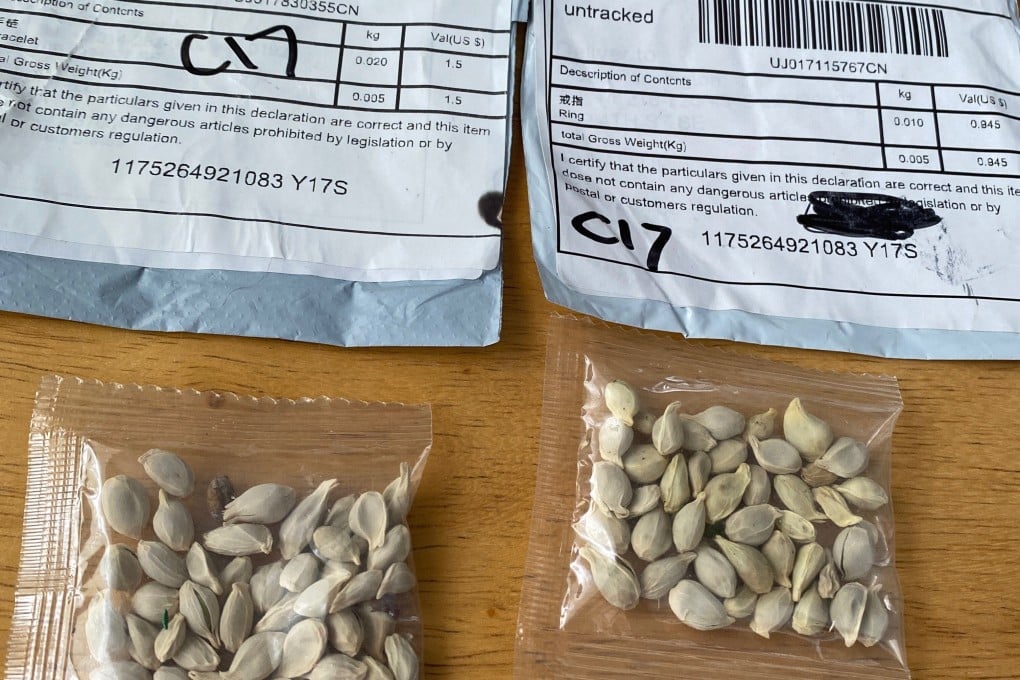China mystery seed scare a reminder of our long history with invasive species
- Wherever we humans have wandered, we have carried our invasive species with us, deliberately or accidentally, despite the vigilance of customs officers
- The episode provides further proof to the Trump administration of the perils of globalisation and why China should be seen as an existential threat to the world

The Trumpian narrative that China will stop at nothing to unleash mischief and disruption across the United States took a new and novel twist recently with reports that thousands of packets of seeds were dropping through letterboxes across the country. Yes, seeds.
To be fair, not all the unsolicited packets contained seeds. Some contained ping pong balls or face masks, and some were empty. And not all turned up in the US. According to the Canadian Food Inspection Agency, up to August 6, around 750 packs had dropped uninvited through Canadian letterboxes. Scotland’s National Farmers Union reported that “significant numbers” of Scottish households had received packs of seeds.
These may have been accidental. A 2013 study by a team from the University of Massachusetts reported that an average kilogram of crop seeds sent to Alaska contained six additional seed species and a total of 4,000 contaminating seeds. Meanwhile, a 50-kilogram shipment of spring wheat seeds from Canada to Japan was found to contain 40 different weed species.

03:07
Stop offering ‘untrusted’ Chinese apps like TikTok and WeChat, Washington urges US tech companies
